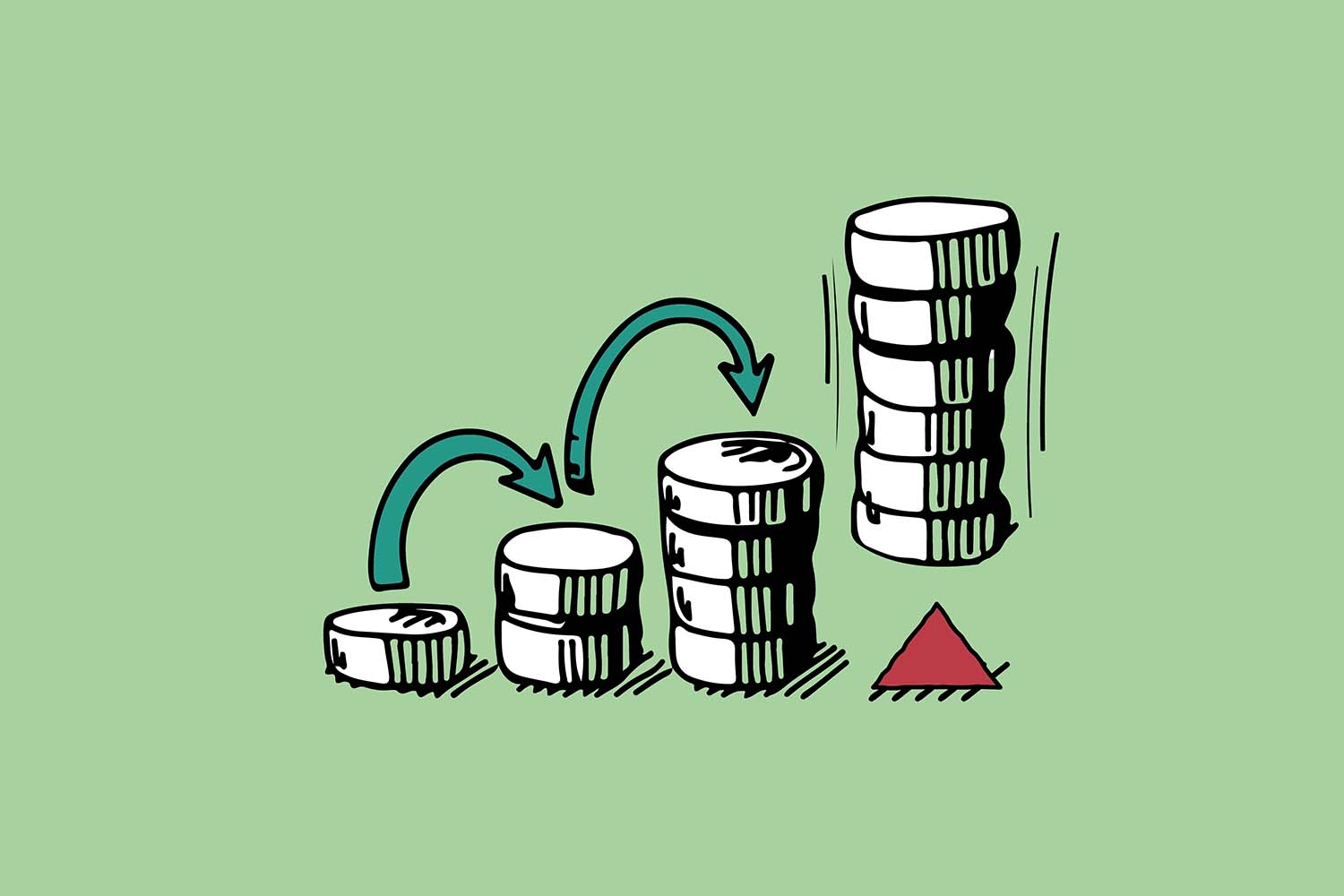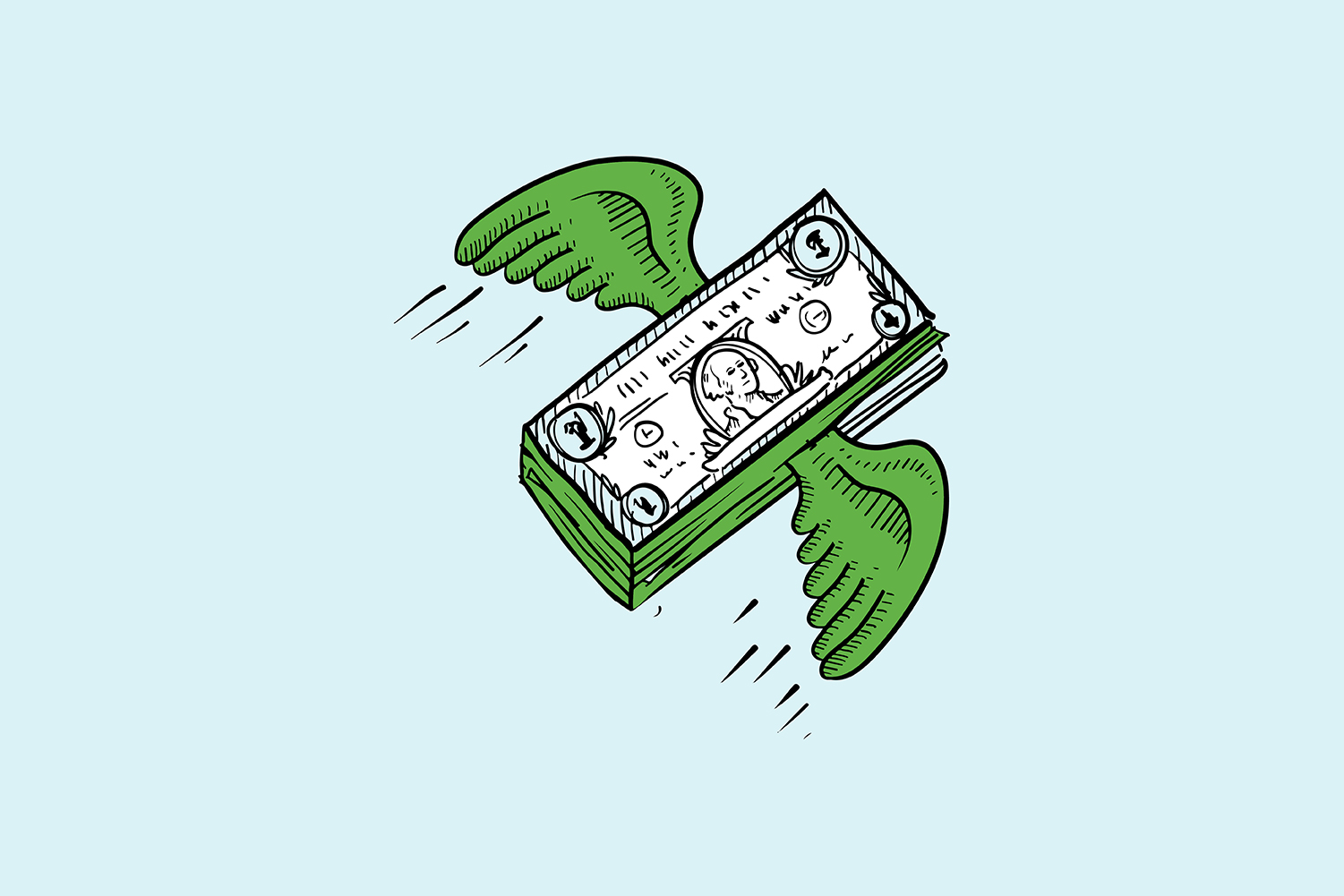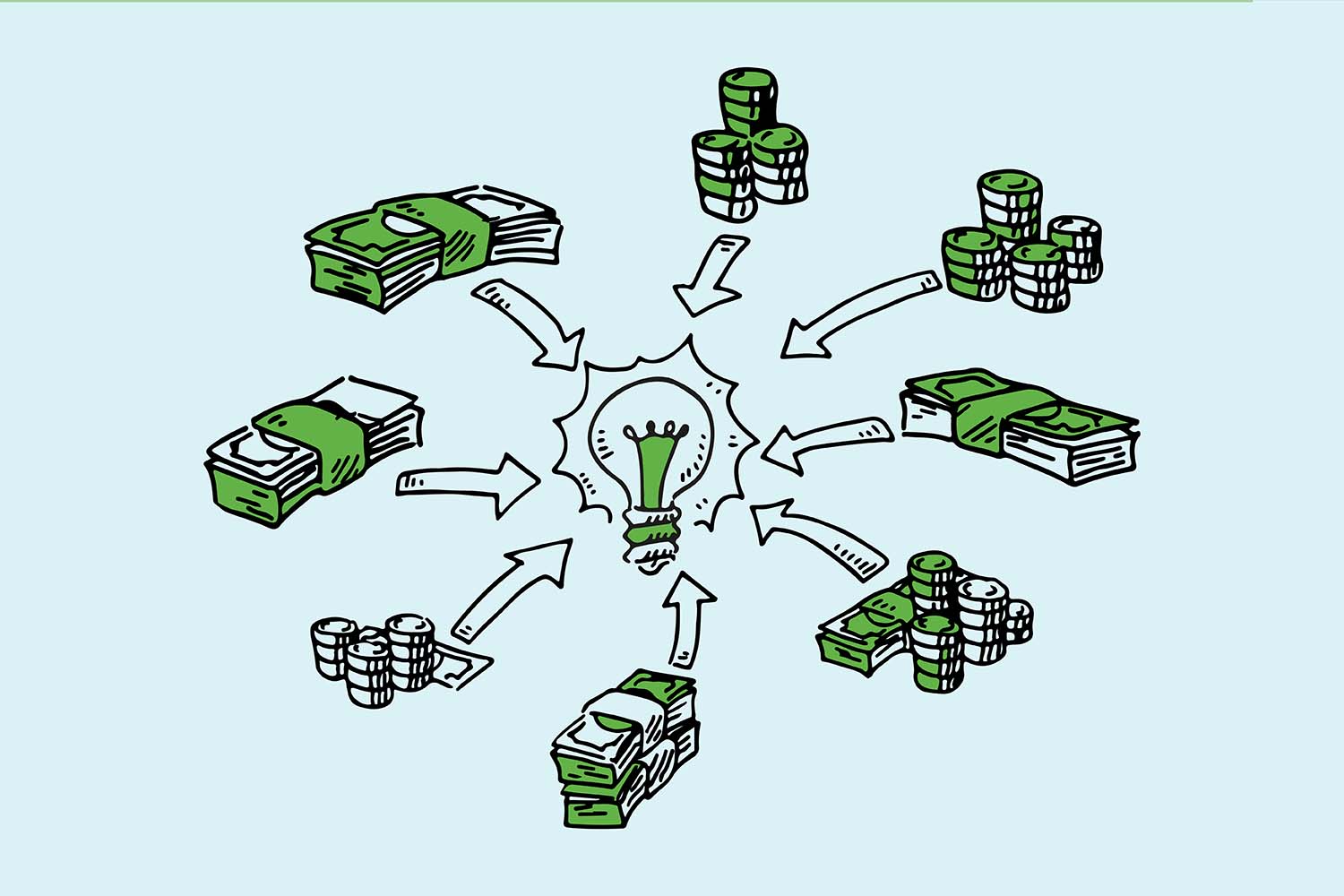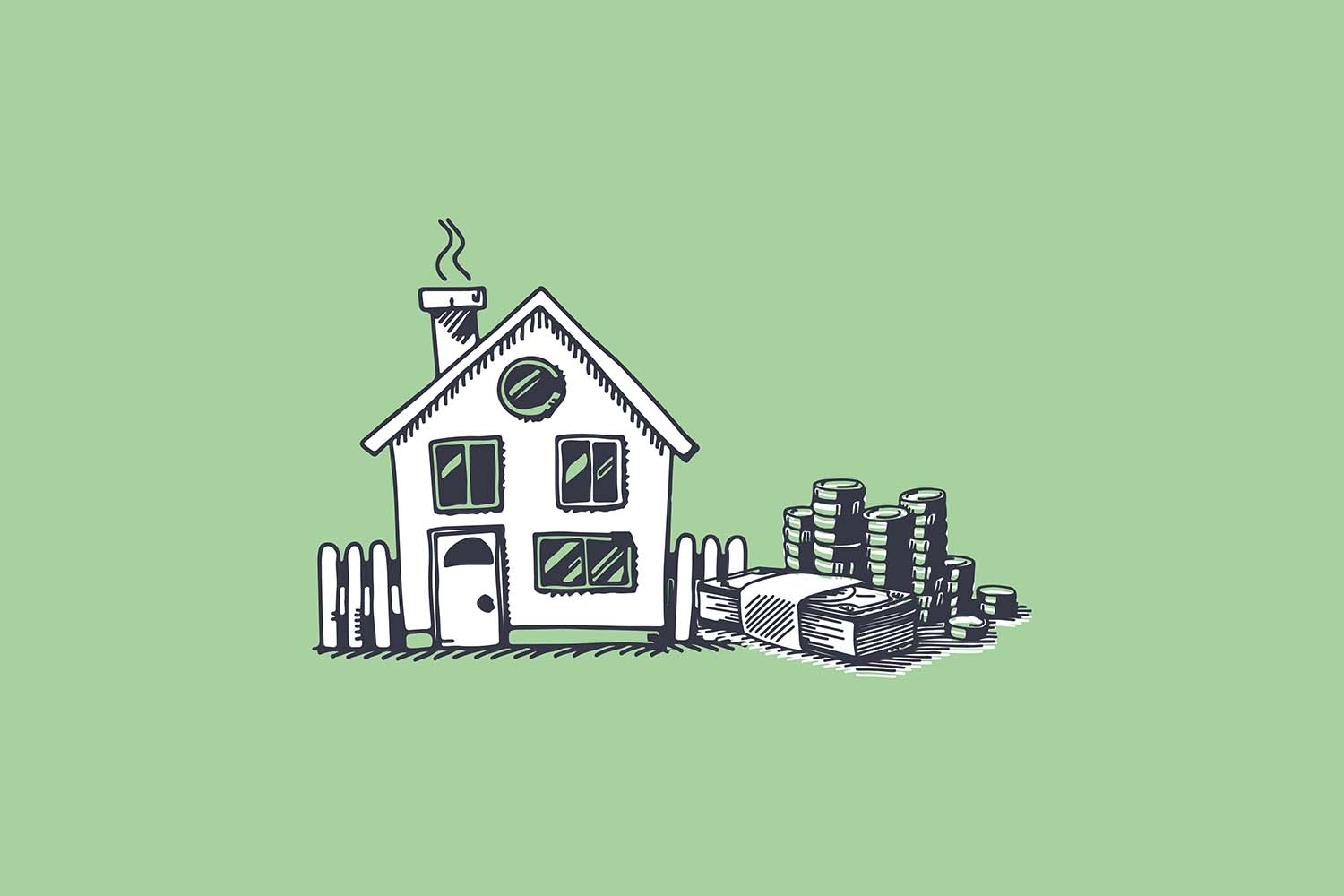Inflation has been one of the major themes in the global economy since mid-2021. Opening economies after a sustained period of lock-down in addition to the disrupted global supply chain led to a continuous rise in the prices of goods and services globally.
Inflation in the UK and the US has hit high figures of 10% and 9% respectively. This is interesting because one of the aftermaths of the financial crisis in 2008 was low consumer spending. Countries in Europe and America battled declining prices. Central banks kept interest rates very low to spur demand and grow their economies. Suddenly, the tide has changed, and since the pandemic, have had to contend with rising inflation.
To really get a grasp of what is going on and how it affects you, let’s dig into what inflation is.
What is inflation?
In economics, inflation is defined as the general increase in prices of goods and services in an economy over a period. What does this really mean for the everyday person? Let’s break it down in real terms.
Typically, Kate spends $100 monthly on groceries and other household items. Recently, she realized her monthly spend increased to $120 monthly on the same quantity of groceries. Prices are now higher so she must spend more.
Rising prices reduce the value of money and increase the amount of money you need to spend. Inflation literally reduces the real worth of cash you have in your hands or in your bank account.
What are the major causes of Inflation?
Rising Demand
Whenever there is a sharp increase in the demand for goods and services without a corresponding rise in the supply of goods and services, prices go up. This situation leads to what economists a demand-pull inflation. Demand-pull inflation happens when there isn’t enough goods and services in supply to meet rising demand.
Increase in cost of production
When the price of the raw material input used in the production of goods and services increase, the cost of the goods and services produced increase. This leads to cost-push inflation. For instance, when many manufacturers decide to raise product prices because of a hike in the cost of raw materials used in the production process, the economy experiences cost-push inflation. Currency devaluation can also lead to an increase in cost of production. Devaluation is a downward adjustment of a country’s exchange rate, which in turn lowers the value of the currency. Countries typically devalue their currencies to imporve their export numbers. When a country devalues its currency, its exports are cheap, and imports become more expensive. For import dependent countries, devaluation typically leads to cost-push inflation due to the hike in the cost of imports used in production.
Increase in Money Supply
Money supply is basically the total amount of money in circulation which includes cash, coins, and deposits in bank accounts. An increase in money supply when there is no equivalent rise in the rate of production can lead to demand-pull inflation. With more cash in circulation, demand for goods and services rises. If the rate of production is not increased to meet the demand for good and services, inflation rises.
How do I protect my finances from inflation?
If you’re not actively protecting your money from inflation, you’re probably losing money. Here are few tips on how to protect your personal finances from inflation
Cut your exposure to debt
When inflation rises, Central banks react by increasing interest rates. High interest rate is a monetary tool to mitigate demand-pull inflation. When the central bank raises the prevailing interest rate in an economy, all other interest rates rise. This implies lending rates and mortgage rate also rise in an inflationary environment and might lead to you paying more to service your debt. Cutting down your debt obligations when there is inflation reduces the effect of high interest rates on your finances. If you have debt obligation in these times you might want to consider refinancing your loans.
Buy in bulk/advance
Rising inflation implies prices of goods and services are expected to continue to rise. You can guard against the effect of this by buying things you’ll need in near future now. This ensures you get those items at prices cheaper than what they’ll be in a few months or weeks when you eventually need them.
Increase your earnings
Inflation eats into the value of your money and reduces your purchasing power. This means you will need more cash to maintain your standard of living. To live comfortably in an inflationary environment, you must increase your earnings. You can increase your earnings by creating multiple streams of income or learning in-demand skills that gives you the ability to negotiate for higher income.
Invest in inflation-proof assets
Investing in inflation proof assets preserves the value of invested funds. Inflation-proof assets are assets that appreciate during inflation. Assets in limited supply like commodities and real estate properties fall in this category, they move in tandem with inflation. The US treasury issues an inflation indexed security called Treasury Inflation-Protected Securities (TIPS). This financial instrument is adjusted for inflation on a regular basis. Investors who invest in TIPS earn higher return whenever it is adjusted for inflation thereby protecting the value of the invested funds from inflation.
Invest and earn in a stable currency
Stable currencies are currencies that have retained their intrinsic value over time. Good examples of stable currencies include the US Dollar and the British Pounds; these currencies hardly depreciate. Despite rising inflation in the US, the US dollar has been appreciating all through the year. Inflation, as of the last reading in the US, was 8.5%, and the US Dollar index (USDX) an index that tracks the performance of the dollar against other currencies has so far gained 14.3% in 2022 as of the time of writing.
This implies the value of the US dollar has increased at a higher rate than inflation in the US. Basically, this means investors earning in dollars and investing in dollar denominated assets are protected from inflation.
Every economy needs a healthy dose of inflation. Slowly rising price levels help businesses stay viable and expectations of an increase in price, improves consumer spending. Developed economies have an inflation band of 2-3% i.e. inflation should not fall below 2% or exceed 3%. Inflation below 2% may lead to deflation, which is a tougher monster to deal with.
Inflation at 2% implies prices of goods and services are expected to grow by 2% on an annual basis. This means your income should grow by at least the same rate. The bottom-line is, whether high or low, there is always inflation, investors need to keep track of inflation and ensure their income and investment are growing at a rate higher than inflation growth.




